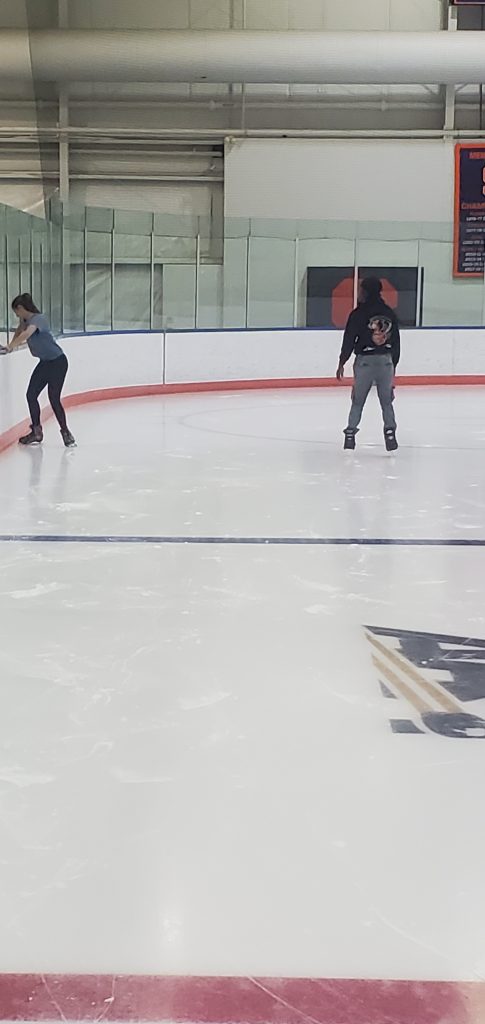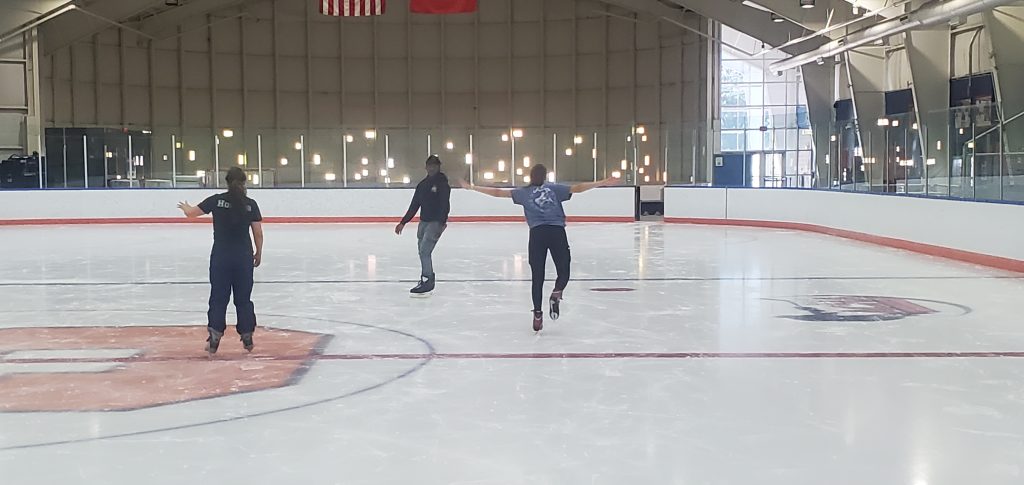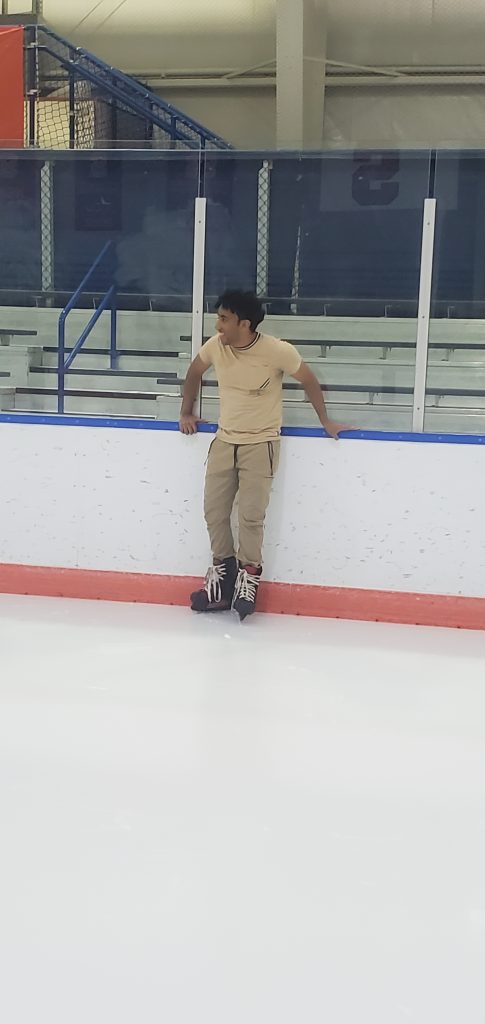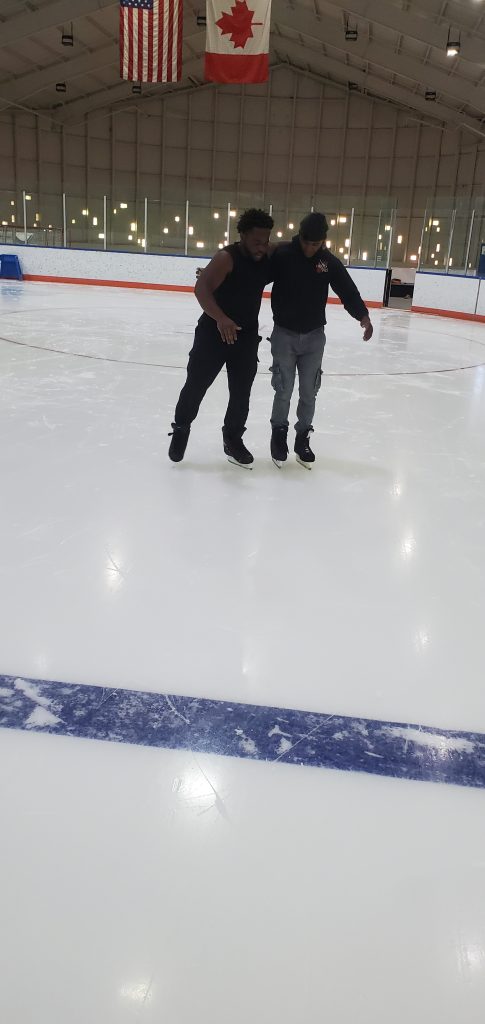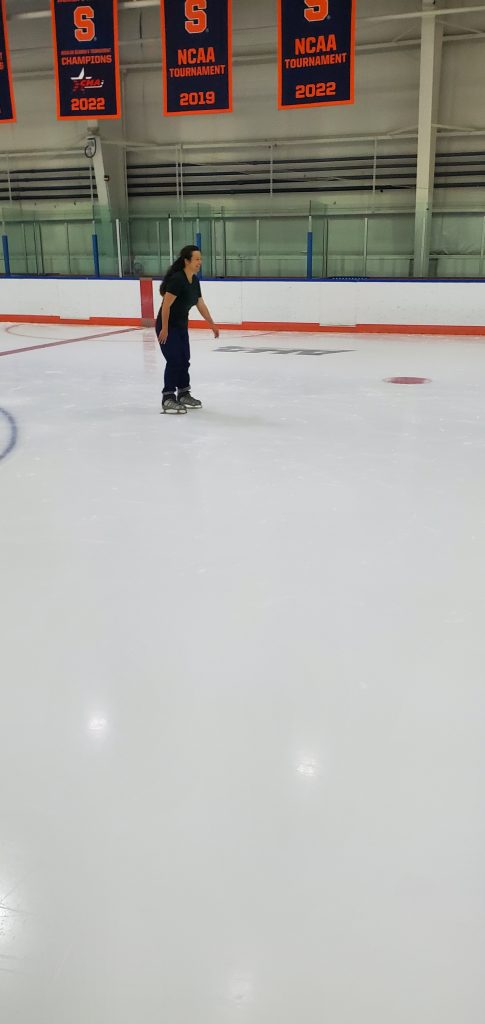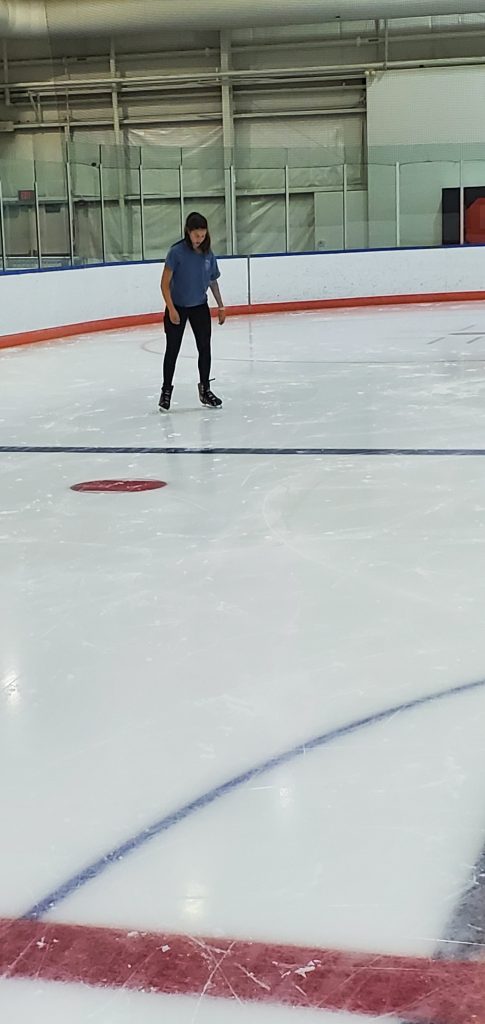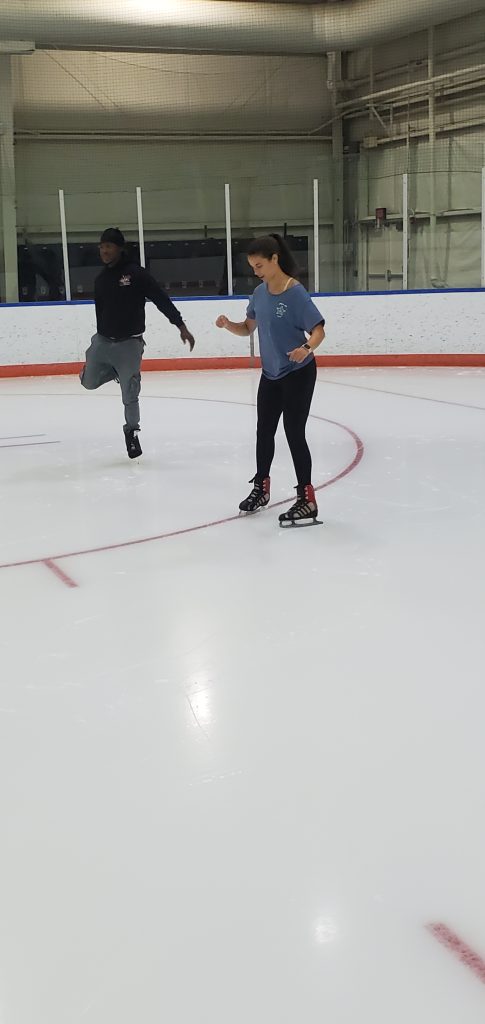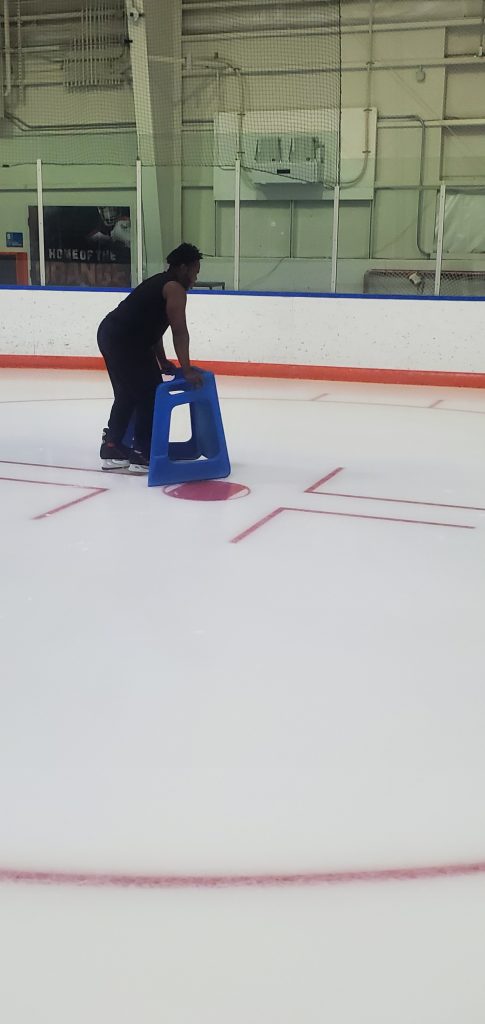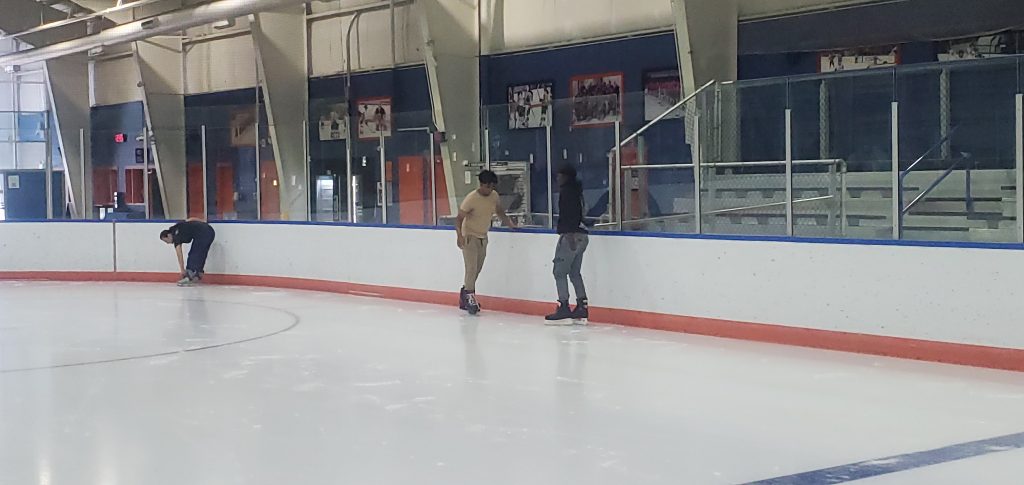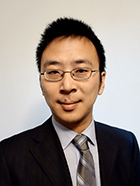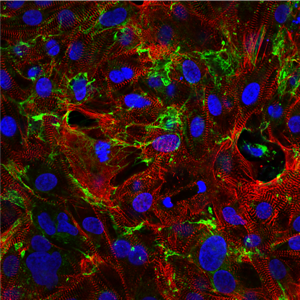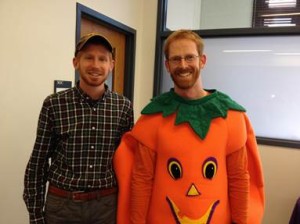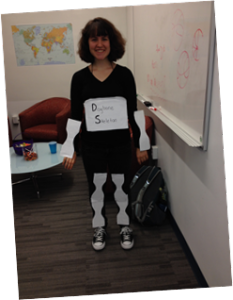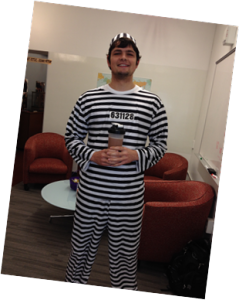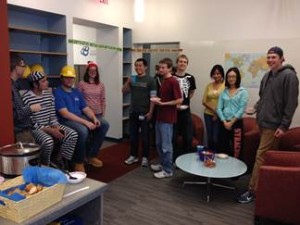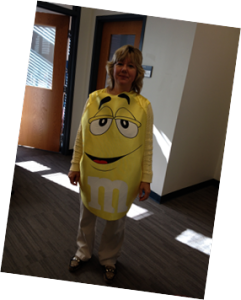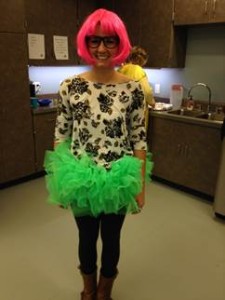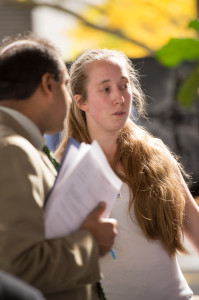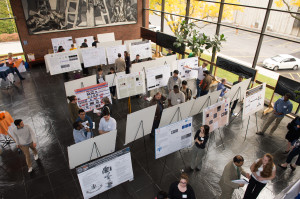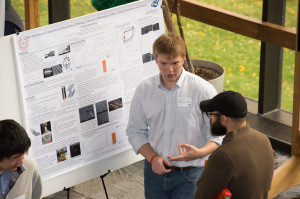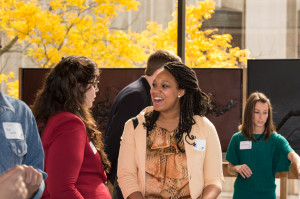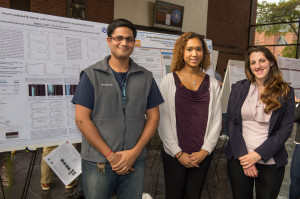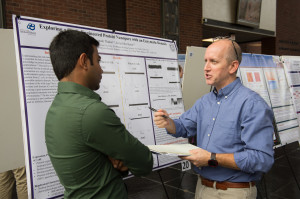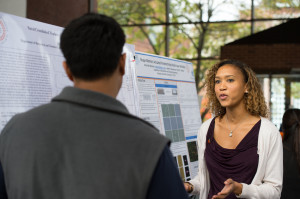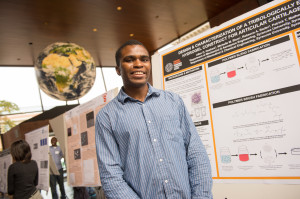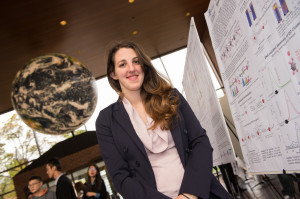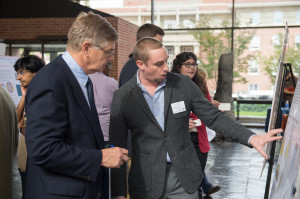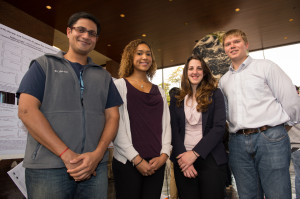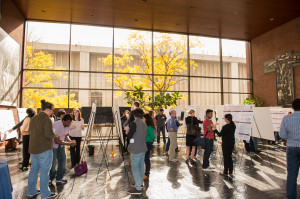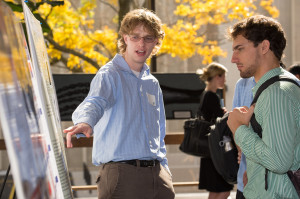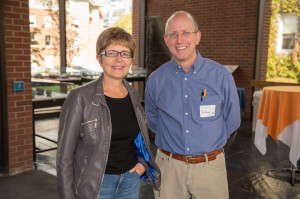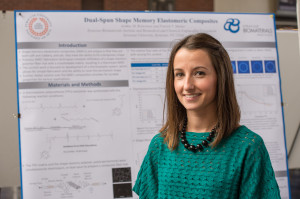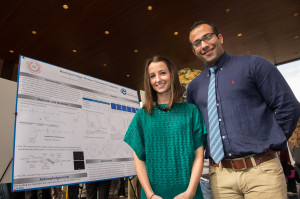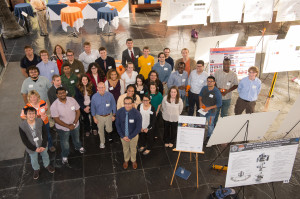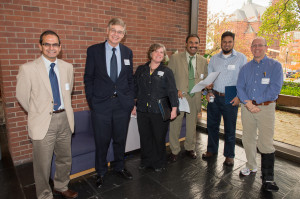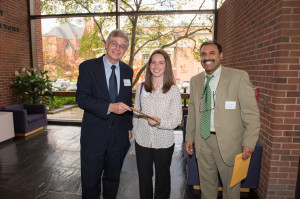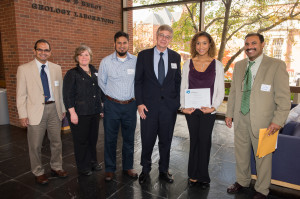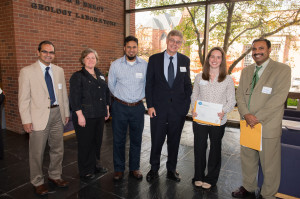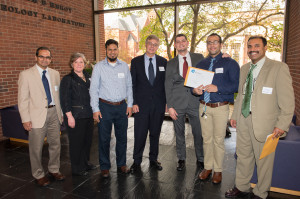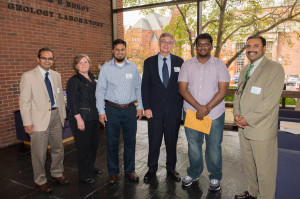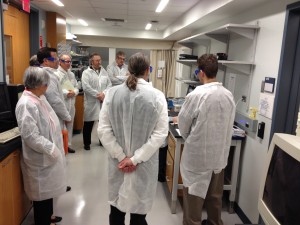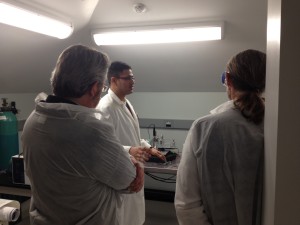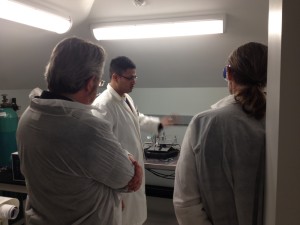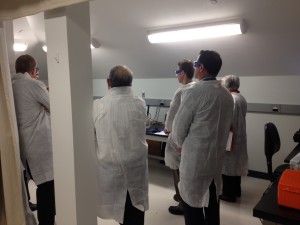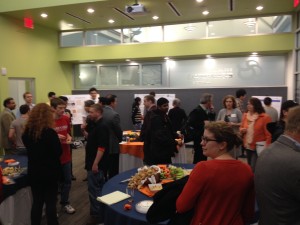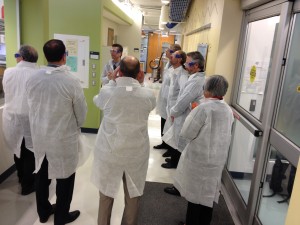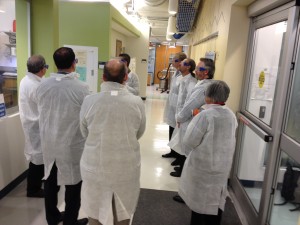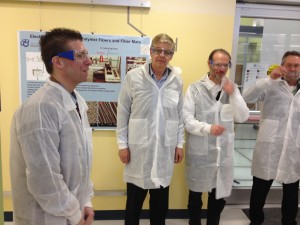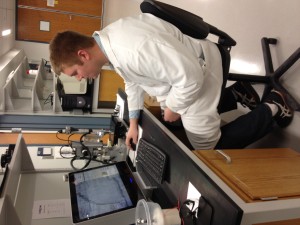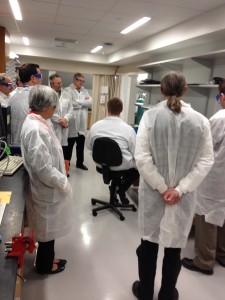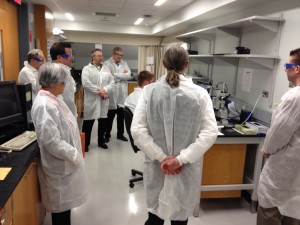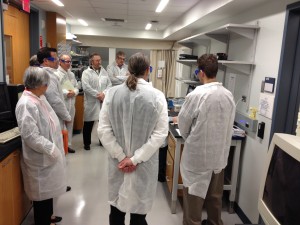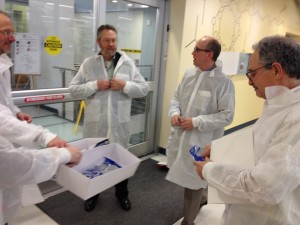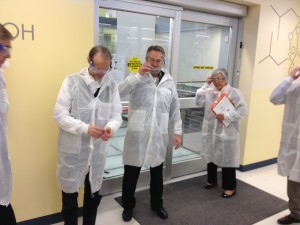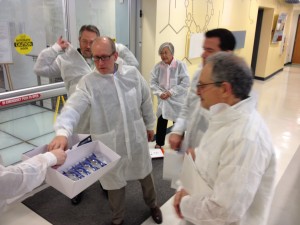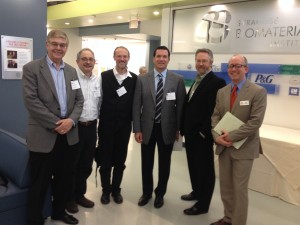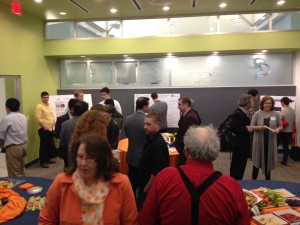Uncategorized
Zhen Ma
Assistant Professor, Carol and Samuel Nappi Research Scholar
Department of Biomedical & Chemical Engineering
Address: 318 Bowne Hall
Phone: 315-443-
E-mail: Zhen Ma <mazhen2046@gmail.com>
Lab website: http://myheart.syr.edu
Research Topics:
Cardiac Tissue Engineering and Organ-on-Chip:My lab focuses on the establishment multi-scale, multiplexed and multicellular cardiac tissue model, while also allowed me to develop “biologist-friendly” tools and instruments to explore single cell biology and 3D cell biology. Through these tissue models, I will gain mechanistic insights of human heart development, cardiac disease progression, drug efficacy and toxicity, and cell therapy benefits and risks.
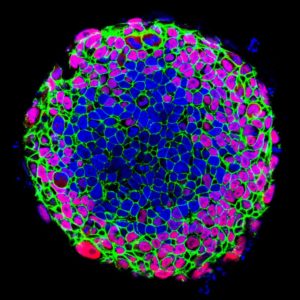
Stem Cell Engineering and Organoid Models:My lab designs the organoid platform to promote the self-organization of 3D tissue structure to mimic early organ formation; to provide biophysical cues to drive the establishment of cell polarity for spatial tissue pattern; and to reduce tissue heterogeneity to create a systematic and experimentally reproducible in vitro organogenesis model.
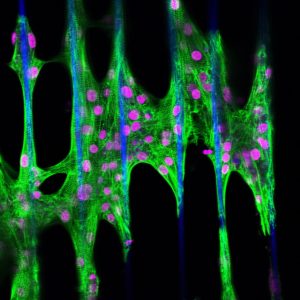
Cell-Environment Interactions and Mechanobiology:
My lab utilizes engineering tools to precisely control the cellular microenvironment, to better analyze the cells’ responsiveness to external perturbations and delineate the signaling pathways underlying the observations.
Recent Publications:
- 1. Mathur A., Ma Z., Loskill P., Jeeawoody S., and Healy K.E. (2016) “In vitro cardiac tissue models: current status and future prospects” Advanced Drug Delivery Reviews 96:203-13.
- 2. Ma Z., Wang J., Loskill P., Huebsch N., Koo S., Svedlund F.L., Marks N.C., Hua E., Grigoropoulos C.P., Conklin B.R., and Healy K.E. (2015) “Self-organizing cardiac microchamber mediated by geometric confinement” Nature Communications 6: 7413.
- 3. Ma Z., Koo S., Finnegan M.A., Loskill P., Huebsch N., Marks N.C., Grigoropoulos C.P., Conklin B.R., and Healy K.E. (2014) “Three-dimensional filamentous human diseased cardiac tissue model” Biomaterials 35(5): 1367-77.
- 4. Ma Z., Liu Q., Yang H., Runyan R.B., Eisenberg C.A., Xu M., Borg T.K., Wang Y., and Gao B.Z. (2013) “Laser patterning for MSC cardiogenic differentiation study at the single-cell level” Light: Science and Application 2: e68.
- 5. Ma Z., Liu Q., Liu H., Yang H., Yun J.X., Eisenberg C.A., Borg T.K., and Gao B.Z. (2012) “Laser-patterned stem-cell bridges in a cardiac muscle model for on-chip electrical conductivity analyses” Lab on a Chip 12(3): 566-73. Cover Article
Archive 2015 REU
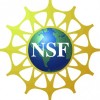
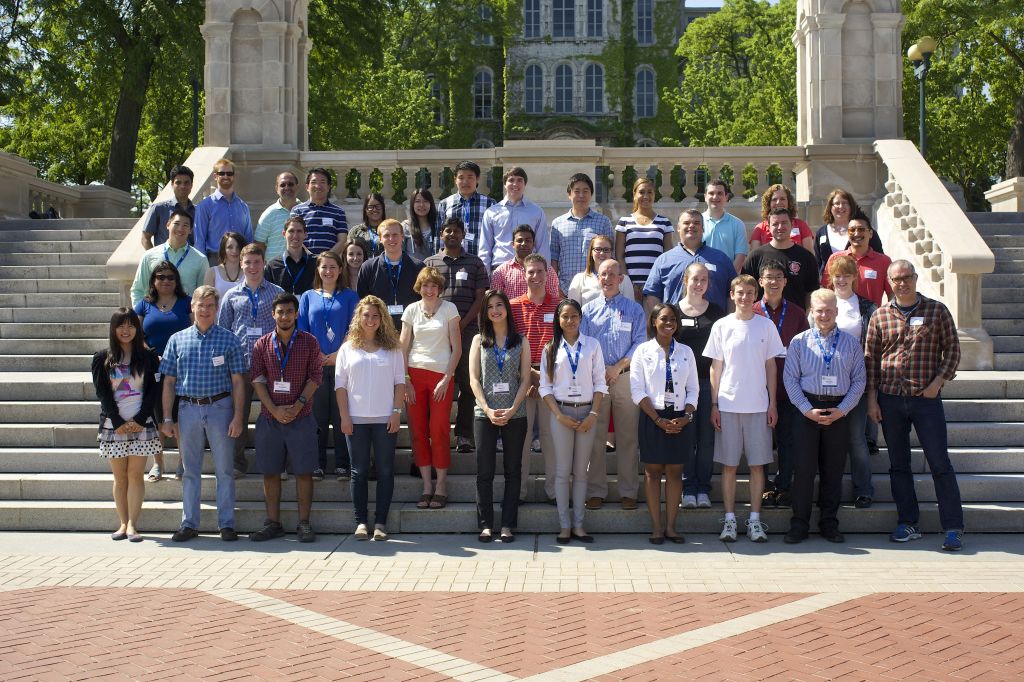
Welcome to the Interactive Biomaterials REU Program
May 31, 2015 – August 7, 2015
Syracuse Biomaterials Institute
Syracuse University – Syracuse, New York
Faculty located on the campuses of Syracuse University, SUNY ESF and SUNY Upstate Medical University.
APPLICATION, LETTERS OF RECOMMENDATION AND TRANSCRIPT MUST BE RECEIVED BY February 15, 2015
Program Highlights
Eligibility: Undergraduate students majoring in the following disciplines: Engineering, Chemistry, Biology or Physics with an interest in Biomaterials Science. Most Students will have completed their junior year, although talented students with less experience will be considered for acceptance in the program. Students must be U.S. Citizen or Permanent Resident.
Stipend: All participants will receive a stipend of $5400 and on-campus housing at no additional expense.
Possible Research Areas: Students have the opportunity to do research in any of the following areas:
- Understanding bacteria-material interactions by surface engineering
- Functionalization of biomimetic interfaces via engineered proteins
- Control of Natural Polymers for Drug Delivery
- 2D and 3D Active Cell Culture
- Neurite Outgrowth on Substrates with Modulus Gradients
- Smart Drug Release: Furanone Release from a Shape Memory Hydrogel
- Designing Anticancer Drug Delivery and Gene Therapeutic Nanocarriers
- Mechanism of Antimicrobial Peptide Action on Bacterial Cells
- 3D Bioprinting
We are no longer accepting applications:
- Complete the application form, which can either be completed online, or you can download, print, and mail in a hard copy.
- The application includes a personal statement (one page) describing your career goals in scientific research and why you wish to participate in this program. For the online version, you may find it easier to compose the personal statement by using a word processor, and then copy/paste it into the form.
Online: Print a copy of the online form for your records, check the box indicating that you agree to the stated conditions, and submit the form.
or
Hard Copy: Make a copy of the form for your records, sign the bottom indicating that you agree to the stated conditions, and send the form to our mailing address, or PDF and email a copy to kplow@syr.edu
Transcript(s)
Only official university transcript will be accepted. Please mail transcript to REU Program Director, Jay Henderson, C/O Syracuse Biomaterials Institute, 318 Bowne Hall, Syracuse, NY 13244-1200
Letters of Recommendation:
Obtain two letters of recommendation from faculty members at your institution or elsewhere. These persons should be familiar with your academic and/or research abilities and should be able to judge whether you are suited for undergraduate research. Please contact your references prior to submitting your application. References may send their letters of recommendation (hard copy) directly to Jay Henderson or can email a PDF letter to Karen Low (kplow@syr.edu)
Interactive Biomaterials REU Program
2016 Program Announcement
June 5, 2016 – August 12, 2016

SYRACUSE BIOMATERIALS INSTITUTE
318 Bowne Hall
Syracuse University
Syracuse, New York, 13214
APPLICATION, LETTERS OF RECOMMENDATION AND TRANSCRIPT MUST BE RECEIVED BY February 1, 2016
Program Highlights:
- Collaborative research on the campuses of Syracuse University, Upstate Medical University and SUNY ESF
- State-of-the-art research facilities
- Seminars, workshops and field trips
- REU Research Poster Session (students may be nominated to participate in NSF REU Symposium)
Eligibility:
- Undergraduate students majoring in science or engineering*
- U.S. Citizen or permanent resident
- Minorities and women strongly encouraged to apply
*Most Students will have completed their junior year, although talented students with less experience will be considered for acceptance in the program.
Award:
- $5800 Stipend
- University Housing
- $200 SUperCard to use in campus dinning and snack shops
Research Areas:
- 3D Biofabrication/Bioprinting
- Functional and Responsive Materials
- Tissue engineering
- Polymer Chemistry
- Theory and Modeling
- Mechanobiology
- Polymer Rheology and Processing
- Metals
- Hydrogels
- Biomaterial Composites
- Theoretical Condensed Matter
- Medical Devices
How to Apply
Click here to apply
- Complete the application form, which can either be completed online, or you can download, print, and mail in a hard copy.
- The application includes a personal statement (one page) describing your career goals in scientific research and why you wish to participate in this program. For the online version, you may find it easier to compose the personal statement by using a word processor, and then copy/paste it into the form.
Online: Print a copy of the online form for your records, check the box indicating that you agree to the stated conditions, and submit the form.
or
Hard Copy: Make a copy of the form for your records, sign the bottom indicating that you agree to the stated conditions, and send the form to our mailing address, or PDF and email a copy to kplow@syr.edu
Transcript(s):
Only official university transcript will be accepted. Please mail transcript to REU Program Director, Jay Henderson, C/O Syracuse Biomaterials Institute, 318 Bowne Hall, Syracuse, NY 13244-1200.
Letters of Recommendation:
Obtain two letters of recommendation from faculty members at your institution or elsewhere. These persons should be familiar with your academic and/or research abilities and should be able to judge whether you are suited for undergraduate research. Please contact your references prior to submitting your application. References may send their letters of recommendation (hard copy) directly to Jay Henderson or can email a PDF letter to Karen Low (kplow@syr.edu)
Interactive Biomaterials REU Program-test
2016 Program Announcement
June 5, 2016 – August 12, 2016

SYRACUSE BIOMATERIALS INSTITUTE
318 Bowne Hall
Syracuse University
Syracuse, New York, 13214
APPLICATION, LETTERS OF RECOMMENDATION AND TRANSCRIPT MUST BE RECEIVED BY February 1, 2016
Program Highlights:
- Collaborative research on the campuses of Syracuse University, Upstate Medical University and SUNY ESF
- State-of-the-art research facilities
- Seminars, workshops and field trips
- REU Research Poster Session (students may be nominated to participate in NSF REU Symposium)
Eligibility:
- Undergraduate students majoring in science or engineering*
- U.S. Citizen or permanent resident
- Minorities and women strongly encouraged to apply
*Most Students will have completed their junior year, although talented students with less experience will be considered for acceptance in the program.
Award:
- $5800 Stipend
- University Housing
- $200 SUperCard to use in campus dinning and snack shops
Research Areas:
- 3D Biofabrication/Bioprinting
- Functional and Responsive Materials
- Tissue engineering
- Polymer Chemistry
- Theory and Modeling
- Mechanobiology
- Polymer Rheology and Processing
- Metals
- Hydrogels
- Biomaterial Composites
- Theoretical Condensed Matter
- Medical Devices
How to Apply
Click here to apply
- Complete the application form, which can either be completed online, or you can download, print, and mail in a hard copy.
- The application includes a personal statement (one page) describing your career goals in scientific research and why you wish to participate in this program. For the online version, you may find it easier to compose the personal statement by using a word processor, and then copy/paste it into the form.
Online: Print a copy of the online form for your records, check the box indicating that you agree to the stated conditions, and submit the form.
or
Hard Copy: Make a copy of the form for your records, sign the bottom indicating that you agree to the stated conditions, and send the form to our mailing address, or PDF and email a copy to kplow@syr.edu
Transcript(s):
Only official university transcript will be accepted. Please mail transcript to REU Program Director, Jay Henderson, C/O Syracuse Biomaterials Institute, 318 Bowne Hall, Syracuse, NY 13244-1200.
Letters of Recommendation:
Obtain two letters of recommendation from faculty members at your institution or elsewhere. These persons should be familiar with your academic and/or research abilities and should be able to judge whether you are suited for undergraduate research. Please contact your references prior to submitting your application. References may send their letters of recommendation (hard copy) directly to Jay Henderson or can email a PDF letter to Karen Low (kplow@syr.edu)
2013 HALLOWEEN BASH LUNCH
2014 Stevenson Lecture Series and Poster Session Photos
SBI Rooms
| Item | Location | Contact |
| Modulated DSC with refrigerated cooling TA Instruments Q100 DSC |
Bowne 4th floor | Prof. Patrick Mather |
| Thermogravimetric Analysis TA Instruments Q500 |
Bowne 4th floor | Prof. Patrick Mather |
| Rheometer Anton Paar MCR501 |
Bowne 4th floor | Prof. Patrick Mather |
| Quartz Crystal Microbalance SRS QCM200 |
Bowne 4th floor | Prof. Patrick Mather |
| Polarizing Microscope with optical microrheometer, heating/cooling stage, shear cell, spectrographic birefringence apparatus, and Mito CCD attachments Olympus BX-51 |
Bowne 4th floor | Prof. Patrick Mather |
| Electrospinning apparatus Custom Built |
Bowne 4th floor | Prof. Patrick Mather |
| Incubator Shakers New Brunswick C24 |
Bowne 4th floor | Prof. Patrick Mather |
| E-beam Evaporator (Ti, Au only) Thermionics VE-100 |
CST 3-036 | Prof. Yan-Yeung Luk |
| Ellipsometer(discrete wavelength ellipsometer room) | CST 4-041 | Prof. Yan-Yeung Luk |
| Water Purification System Millipore RiOs 5 and Milli-Q Biocel A-10 |
CST 4-041 | Prof. Yan-Yeung Luk |
| Polarizing Microscope Olympus BX-51 |
CST 3-036 | Prof. Yan-Yeung Luk |
| Potensiostat Pine Model AFCBP1 |
CST 3-036 | Prof. Yan-Yeung Luk |
| Labconco purifier vertical clean bench Laminar hood |
CST 3-036 | Prof. Yan-Yeung Luk |
| Cryogenic Storage System VWR CryoPro BR-1 |
CST 3-036 | Prof. Yan-Yeung Luk |
| Inverted Microscope Motic AE-31 |
CST 3-036 | Prof. Yan-Yeung Luk |
| Scanning Electron Microscope with X-ray Spectrophotometer Joel 5600 |
Bowne 4th floor | Prof. Patrick Mather |
| Atomic Force Microscope with Electrochemical Attachment and Nanoindentation Capabilityg | Bowne 4th floor | Prof. Jeremy Gilbert |
| Digital Instruments Nanoscope III | Bowne 4th floor | Prof. Patrick Mather |
| Hydraulic testing apparatus with 8500-Plus panel control and computer-controlled custom data collection Instron 1350 |
Bowne 4th floor | Prof. Patrick Mather |
| Fourier Transform Infrared Spectrometer with AutoImage FTIR Microscope Perkin-Elmer Spectrum One |
Bowne 4th floor | Prof. Jeremy Gilbert |
| Differential scanning calorimeter Perkin-Elmer Pyris 1 |
Bowne 4th floor | Prof. Patrick Mather |
| Inverted Fluorescence Microscope and Imaging System Zeiss Axiovert 40 CFL with Phase Contrast |
Bowne 4th floor | Prof. Patrick Mather |
| Custom built indentation system for microindentation of soft, hydrated polymers and biological materials | Bowne 4th floor | Prof. Jeremy Gilbert |
| Rotational Viscometer Brookfield DV-E |
Bowne 4th floor | Prof. Patrick Mather |
| MicroCT Scanner Scanco 40 |
SUNY Upstate | Prof. Kenneth Mann |
| Biaxial Servohydraulic Mechanical Test Frame MTS Bionix |
SUNY Upstate | Prof. Kenneth Mann |
| Fatigue crack growth measurement equipment Fractomat/KrakGage |
SUNY Upstate | Prof. Kenneth Mann |
| Surface Profilometer Mitutoyo 178-923 |
SUNY Upstate | Prof. Kenneth Mann |
| Viscometer with small sample adaptor Brookfield |
SUNY Upstate | Prof. Kenneth Mann |
| SUN and PC Workstations with FEA Modeling and Medical Imaging Software PATRAN, MARC, NASTRAN and MIMICS |
SUNY Upstate | Prof. Kenneth Mann |
| Digital Image Correlation System (2-D) with Spot RT Camera RapidCorrelator |
SUNY Upstate | Prof. Kenneth Mann |
| Florescence Microscope with Motorized Z-Drive and Deconvolution Software. ZEISS AXIO IMAGER MOT M1 |
445 Link Hall | Prof. Dacheng Ren |
| DNA and Protein Electrophoresis Systems | 445 Link Hall | Prof. Dacheng Ren |
| Western Blot System | 445 Link Hall | Prof. Dacheng Ren |
| Spectrophotometer Gensys 5 |
445 Link Hall | Prof. Dacheng Ren |
| Microplate reader FLx800, Bio-Tek Instruments, Inc. |
445 Link Hall | Prof. Dacheng Ren |
| Microcentrifuge Machines 5415D & 5415R, Eppendorf |
445 Link Hall | Prof. Dacheng Ren |
| Micropulser Electroporator FLx800, Bio-Tek Instruments, Inc. |
445 Link Hall | Prof. Dacheng Ren |
| Luminometer 20/20n, Turner Design |
445 Link Hall | Prof. Dacheng Ren |
| Biofilm Flow Chamber Systems | 445 Link Hall | Prof. Dacheng Ren |
David Marcus
David is currently a Managing Director of VIMAC Milestone Medica, LP, an early stage life science fund with VIMAC Ventures, LLC, a Boston based venture capital firm. The fund invests in the pharmaceutical, medical device and instrument sectors with start-up companies based on emerging technologies from leading academic institutions. At VIMAC, David participates in the formation and capitalization of companies, and working closely with the Fund’s portfolio companies, is involved in licensing transactions, collaborative research agreements and clinical trial activities.
Before joining VIMAC, David had over twenty-five years of business development and new venture experience including with Colgate-Palmolive in their corporate M&A group, as well as CFO of a Colgate subsidiary and Director of M&A, Industrial Products for Colgate’s billion dollar health care and industrial specialty subsidiary, The Kendall Company. At Kendall, David developed and implemented a strategic growth plan through acquisition, and later went on to start up and run an in-house industrial polymer membrane business, which he grew, spun off and successfully sold to a large multinational company. Most recently, before joining VIMAC, David was a General Partner with Wellfleet Investments in Boston, a private equity placement firm that developed a portfolio of emerging life science technologies from leading medical research institutions. While at Wellfleet, he also served as CEO of a medical clinic established by the firm based on an advanced gastrointestinal rehabilitation therapy developed at a Harvard teaching hospital.
David is a graduate of Syracuse University (’70, BA, Political Science) and is a member of the Board of Visitors for SU’s College of Arts and Sciences. He holds an MBA from Pace University. He lives in Newton, MA with his wife and two daughters.

